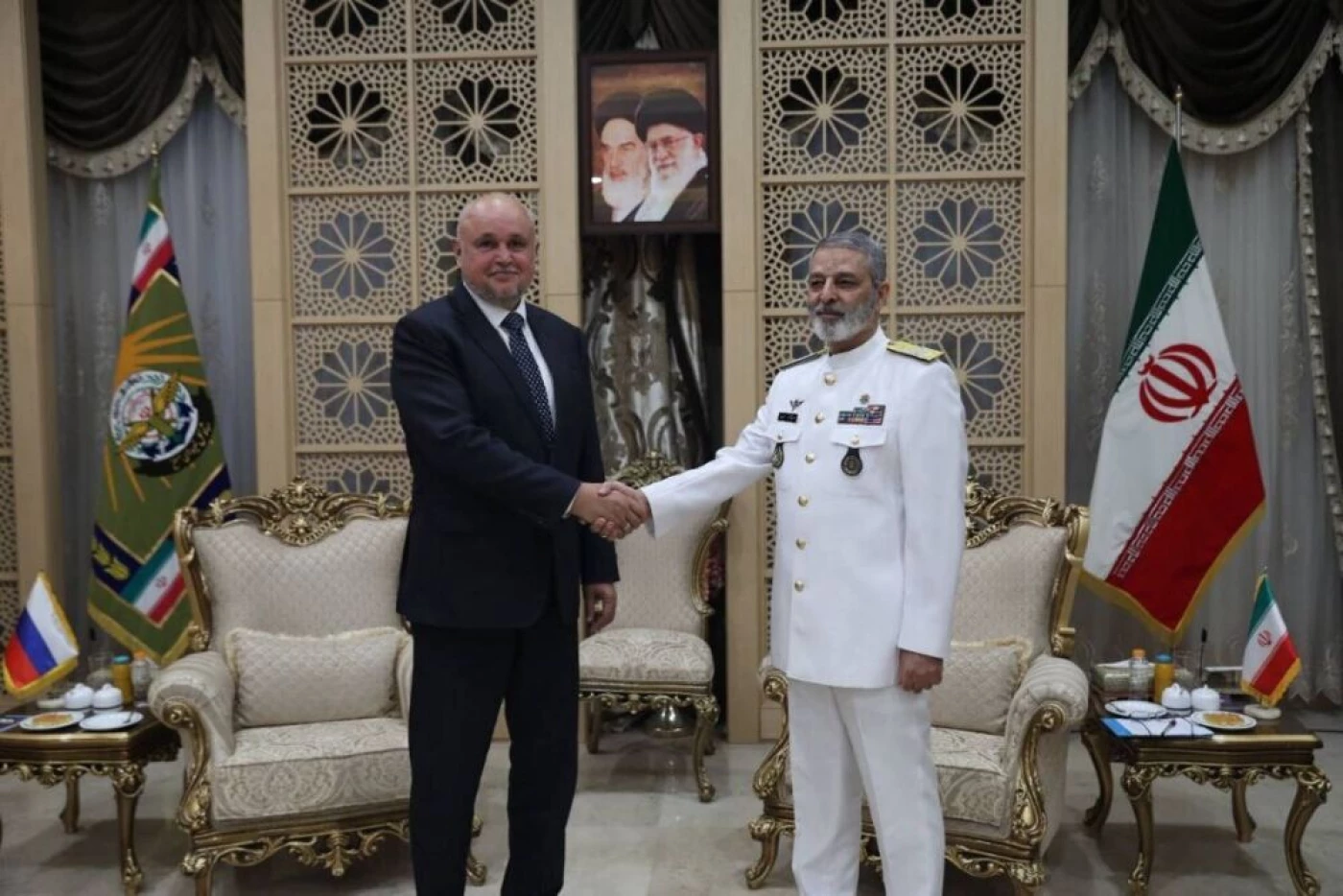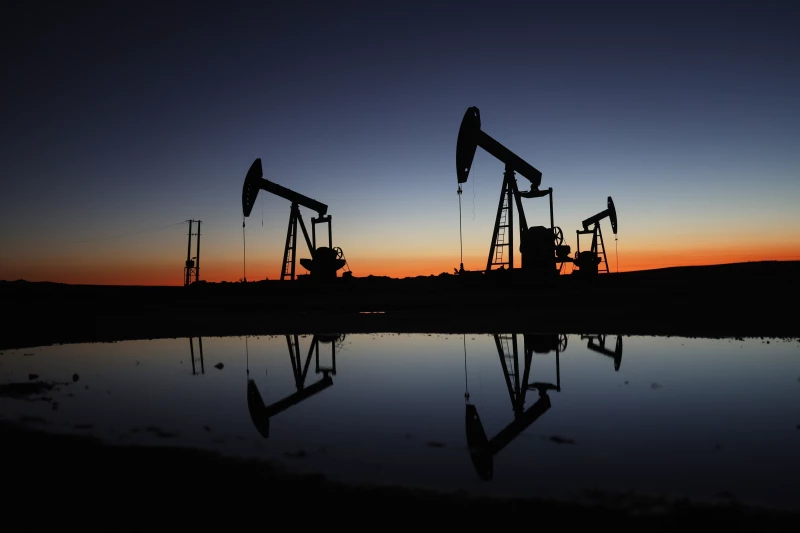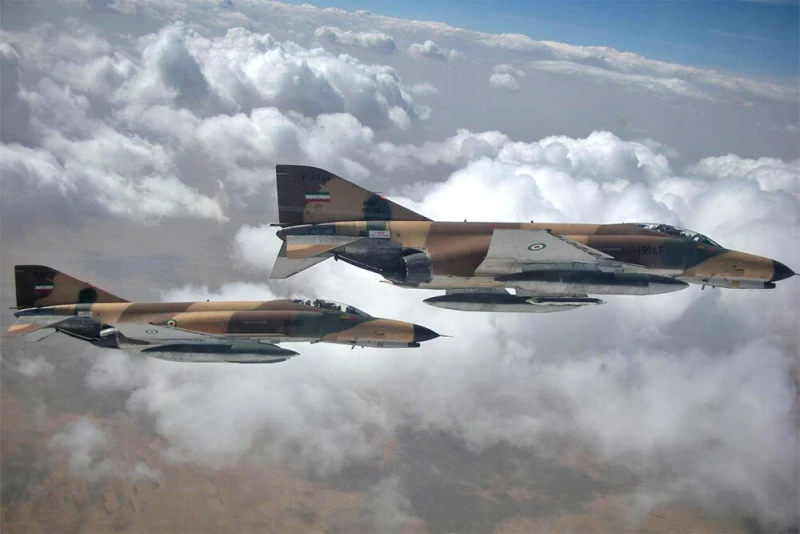ERBIL, Kurdistan Region of Iran - Iran's military chief on Thursday met with a Russian delegation and agreed to maximize "economic and defense cooperation" as both countries face severe sanctions from the West, Iranian state media reported.
Russian Energy Minister Sergey Tsivilyov, on an official visit to Iran, held several meetings with high-ranking officials in Tehran, including Abdolrahim Mousavi, the chairman of the Chief of Staff of the Iranian Armed Forces, and Oil Minister Mohsen Paknejad.
“Given the severe sanctions imposed by the West against both Iran and Russia, there is great potential for increasing cooperation,” Mousavi said at the meeting with Tsivilyov, according to Iran's state-owned IRNA news agency.
Regarding the matter, the energy minister expressed Russia’s willingness to cooperate and emphasized that Moscow and Tehran should seek to “raise their economic and defense cooperation to the highest level,” IRNA reported.
Mousavi also expressed gratitude for Russia’s position at the United Nations and the International Atomic Energy Agency (IAEA) regarding the “Zionist regime's attack on Iran,” with the military chief himself having taken up his current role after his predecessor, Mohammad Bagheri, was killed in an Israeli airstrike on Tehran during the two countries' 12-Day War in June.
Iran and Russia have both faced heavy sanctions from Western countries in recent years.
Iran has been accused of providing support to Russia in its war in Ukraine, particularly by supplying Moscow with armed drones for use on the frontlines.
The EU has banned most Russian oil imports since Moscow’s 2022 invasion of Ukraine. European Commission President Ursula von der Leyen said Tuesday she discussed with US President Donald Trump further measures against Russia over the war in Ukraine, adding that the EU will soon propose its 19th sanctions package since the Russian invasion.
For his part, since returning to the White House in January, Trump has adopted increasingly tougher policies against Iran. In February, he signed a national security presidential memorandum, restoring his “maximum pressure” policy on Iran and implementing a series of new economic measures against Tehran.
The Russian embassy in Tehran announced in a statement that Tsivilyov also met with Iranian Oil Minister Mohsen Paknejad, with the pair discussing bilateral cooperation.
The statement added that the process of implementing the agreements reached is underway.
On September 10, Russia’s envoy to the IAEA, Mikhail Ulyanov, accused the US and Israel of violating international law with June strikes on Iran’s safeguarded nuclear sites, saying the attacks undermined the Non-Proliferation Treaty (NPT) and hampered Tehran’s cooperation with the nuclear watchdog.



 Facebook
Facebook
 LinkedIn
LinkedIn
 Telegram
Telegram
 X
X


